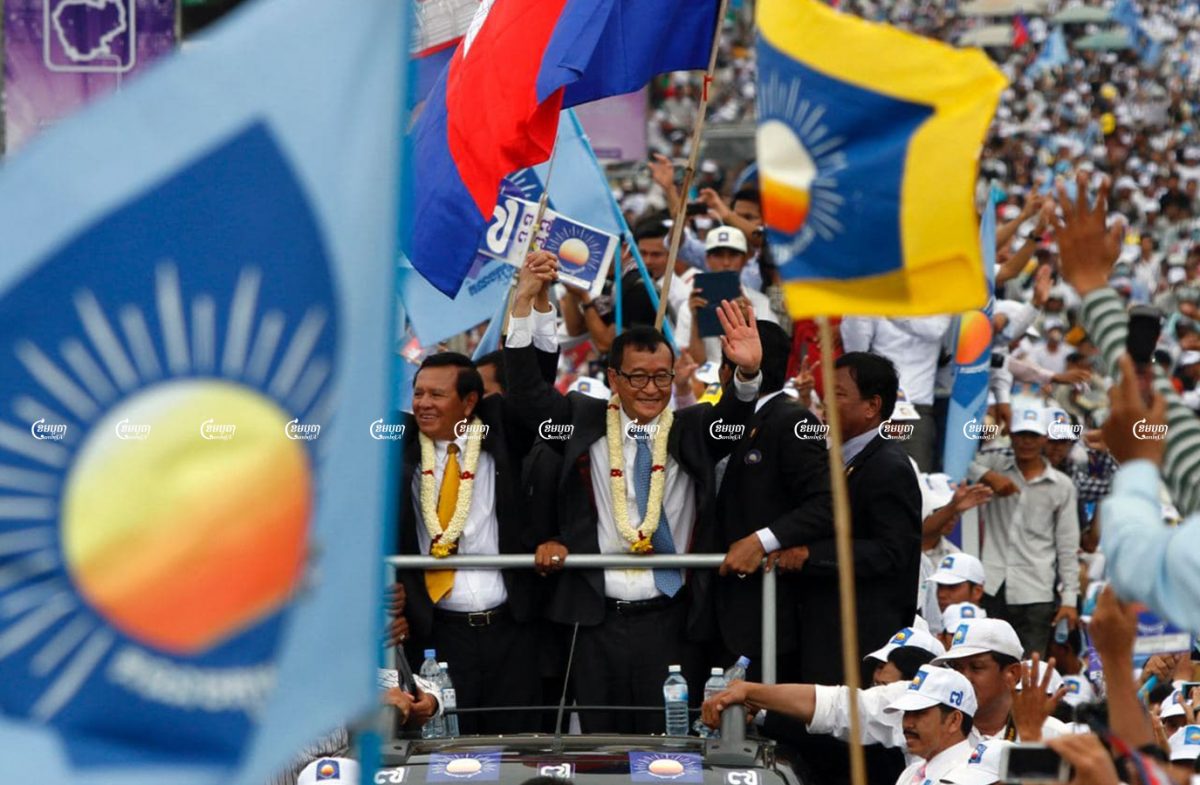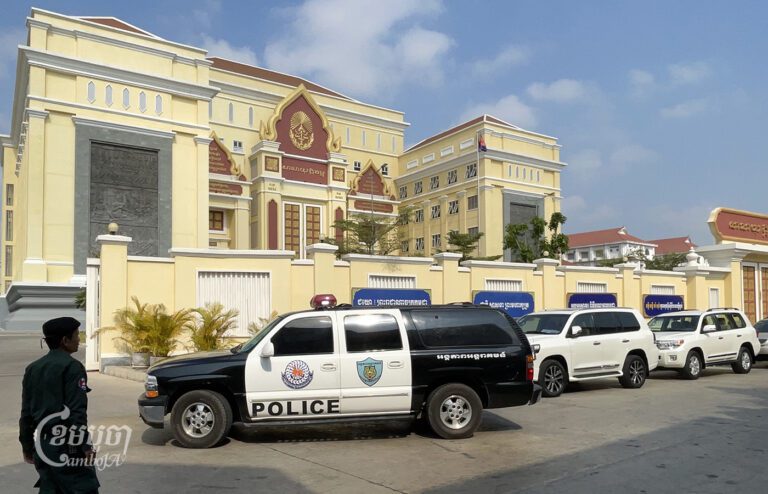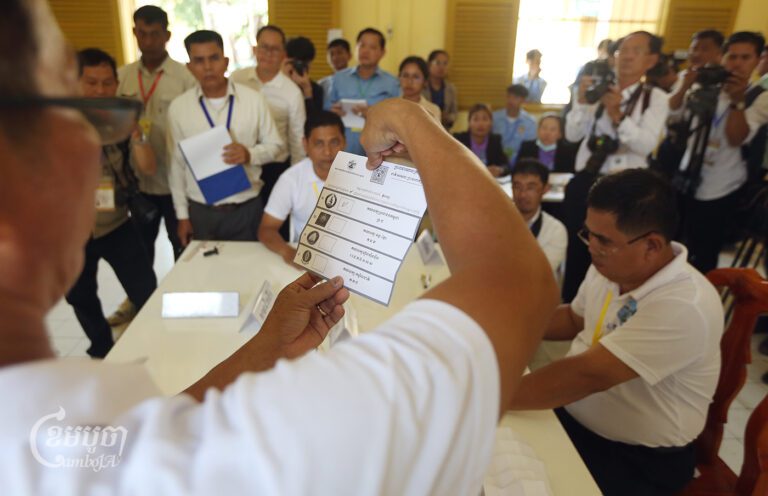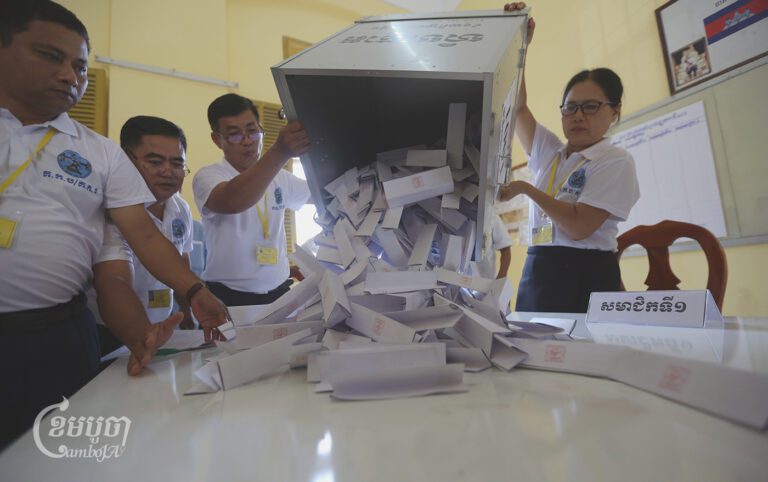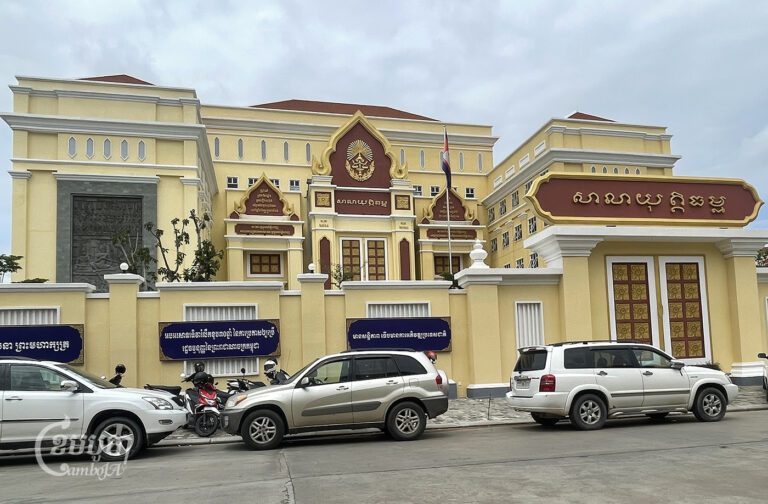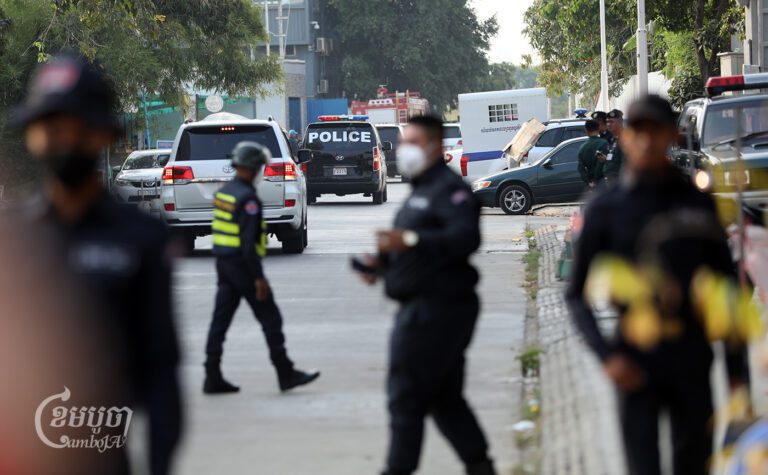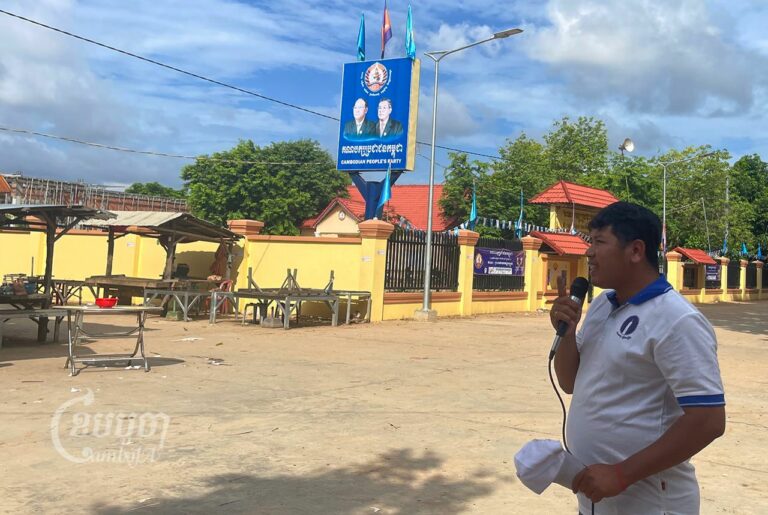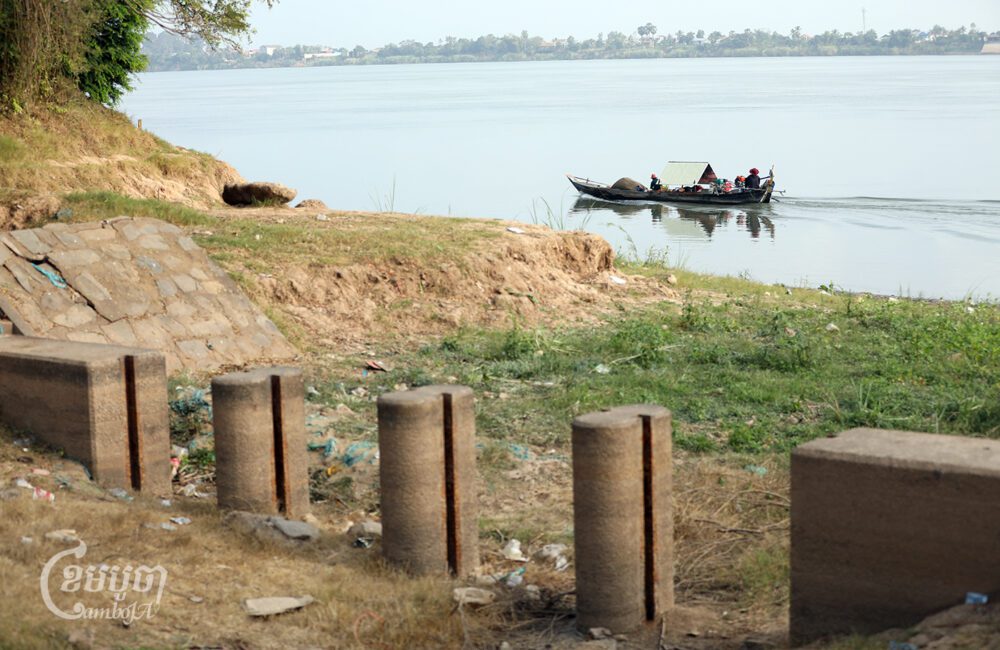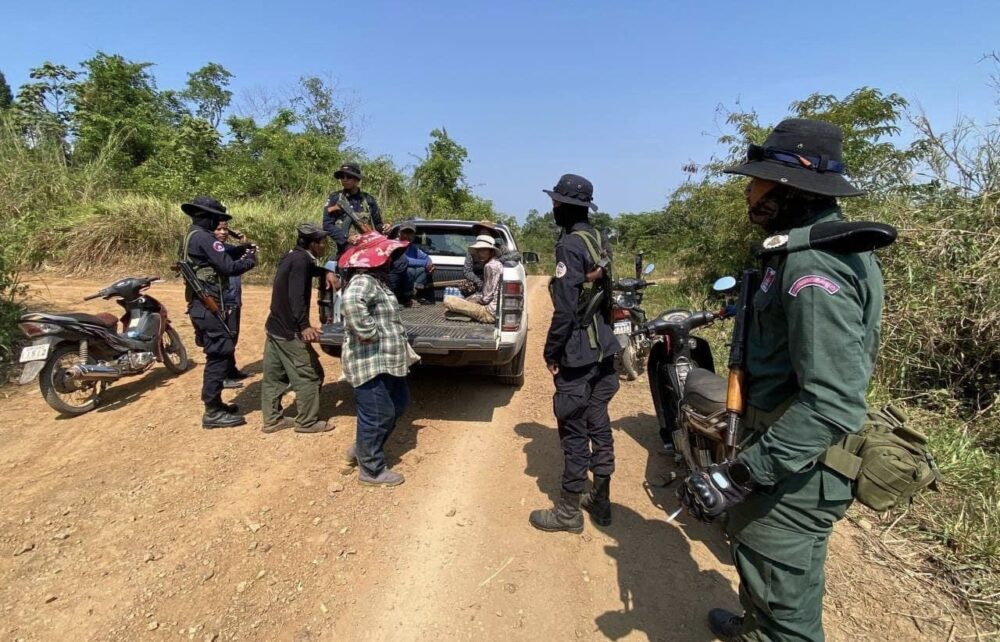The outlawed CNRP cannot be resurrected, says a political analyst, with the soon-to-be resurrection of the Candlelight Party just the latest step toward a new opposition landscape of smaller, fractured parties.
The Candlelight Party, which was previously known as the Sam Rainsy Party and later merged with the Human Rights Party to form the CNRP, will hold a congress on November 27 to restart the party and set it on track to join the commune elections on June 5, 2022, and the general elections the year after.
Political analyst Seng Sary said the developing opposition of splintered, minor parties represents the last option for former CNRP officials to stay politically active. At the same time, Sary added, the upcoming congress of the Candlelight Party seems to indicate the political break-up between former CNRP President Kem Sokha and his boisterous counterpart, Sam Rainsy.
“As I have clearly seen, the CNRP cannot be resurrected, so the way that senior CNRP officials can go through the Human Right Party and the Candlelight Party,” he said. “It is time to terminate the honeymoon between both parties.”
The Human Rights Party, which was founded by Kem Sokha, merged with the Candlelight Party, which was then known as the Sam Rainsy Party, after a July 2012 meeting between the two men in the Philippine capital of Manila. The prominent opposition leaders joined their parties to create a unified front to compete against the ruling CPP.
The strategy seemed to pay off, but the union proved too successful for its own good. After the 2017 commune elections saw significant gains for the CNRP, the Supreme Court moved to dissolve the party through criminal accusations of treason. Top leaders fled into exile as scores of party members, including Kem Sokha, were arrested on what are widely believed to be politically motivated charges. Through the proceedings, more than 100 CNRP members were barred for five years from political engagement.
The Cambodian government has permitted “rehabilitation” for these banned members, allowing them to join political parties ahead of the 2022 commune election. Thus far, six small parties have been started by former CNRP members.
These parties now include Khmer Will, Cambodia Reform, Khmer Conservative, Kampuchea Niyum, Cambodia National Love and Cambodia National Heart. These parties will presumably be on the ballot when Cambodian voters go to the commune council elections.
Former Sam Rainsy Party senator Thach Setha, who has recently returned to the Candlelight Party, said the organization will restructure its leadership in the upcoming congress to weigh its chances in the commune elections.
Setha had been a co-founder of the Khmer Nation Party, which formed in 1995 and was renamed in 1998 to become the Sam Rainsy Party. The group became known as the Candlelight Party in 2018, after a legal ban the year prior on using people’s names in political parties.
“If we have a chance, I hope [we win commune seats] because the first opposition parties in Cambodia were the Khmer Nation Party and Sam Rainsy Party,” Setha said.
However, he said party members still need to decide whether the political atmosphere is right for them to compete in the next election, given tight restrictions on freedom of expression, as well as the risks of surveillance and imprisonment.
“The democrats still support [us] until now and their stance will not change, so we will gather all of them in the provinces,” he said. “Many supporters still follow the Candlelight Party.”

Setha also rejected rumors that he had intended to join the Cambodia National Heart Party, saying he hadn’t considered it.
Other former CNRP leaders have also voiced their support for the new Candlelight Party. Those include Som Sovanna, the former CNRP chief of Lolork Sar commune in Pursat city. Sovanna said she’d backed Sam Rainsy starting in 1998 and would work with his former party in the next election, if possible.
“I will join the party and will mobilize my supporters who have joined me,” she said.
“I decided to return to the Candlelight, so we can restore our reputation,” Sovanna added. “The Candlelight Party is our previous home,”
She said she’d refused to join the other new parties formed by former CNRP officials due to inadequate support from the public.
“If I join with them, I won’t gain voters, because I have observed people aren’t supporting the new political parties,” she said.
Former CNRP lawmaker Ou Chanrath, who now is deputy president of the Cambodia Reform Party, said the splintered political parties will face difficulties to win support from voters if they are not reunited against the ruling CPP.
“Unless those parties are formed by CNRP officials, they must be merged to become a new opposition party,” Chanrath said of the opposition landscape. “There are not enough forces, because citizens will support individual political parties as they like.”
Same as the political analyst Sary, Chanrath sees the resurrection of the Candlelight Party a sign of a split between the Sam Rainsy and Kem Sokha factions. As the former party picks up its former members, he added, it is likely the Human Rights Party will do the same.

Pa Chanroeun, president of the Cambodian Institute for Democracy, echoed that sentiment and described the party development as a sign of internal strife among former CNRP leaders.
“It has reflected the break-up, and lack of solidarity, vision, and a common will of doing politics,” he said, continuing that the ultimate blame for the political tension came from the wider Cambodian system.
“[There is] a lack of political space or freedom in our democratic society for letting politicians from all tendencies compete in free and fair elections,” Chanroeun said.
Meanwhile, as Kem Sokha awaits the resumption of his treason trial, he has reportedly put his Phnom Penh villa for sale for $2.4 million. VOD wrote last week that an October 24 listing for the home had been posted on the realtor Century 21’s Facebook page but was later deleted.
As part of the ultimate dissolution of the CNRP, Sokha was charged with conspiring with a foreign power for attempting a so-called color revolution to overthrow the CPP government. He is barred from doing politics but may still conduct meetings. On Monday, he met with the Australian Foreign Affairs Minister Hon Marise Payne, who paid an official, two-day visit to Cambodia this week.
Sokha posted on social media after the meeting that Payne had said the Australian government is closely monitoring the democratic and human rights situation in Cambodia and will cooperate with democratic countries to help Cambodians with those issues.
Sokha also stated that Australia is a signatory of the 1991 Paris Peace Agreement, the signing of which recently passed its 30th anniversary and which has become a political touch-point for both the opposition and ruling CPP.
The Australian embassy didn’t respond to media inquiries. Sam Rainsy and fellow former CNRP leader Mu Sochua could not be reached for comment.


